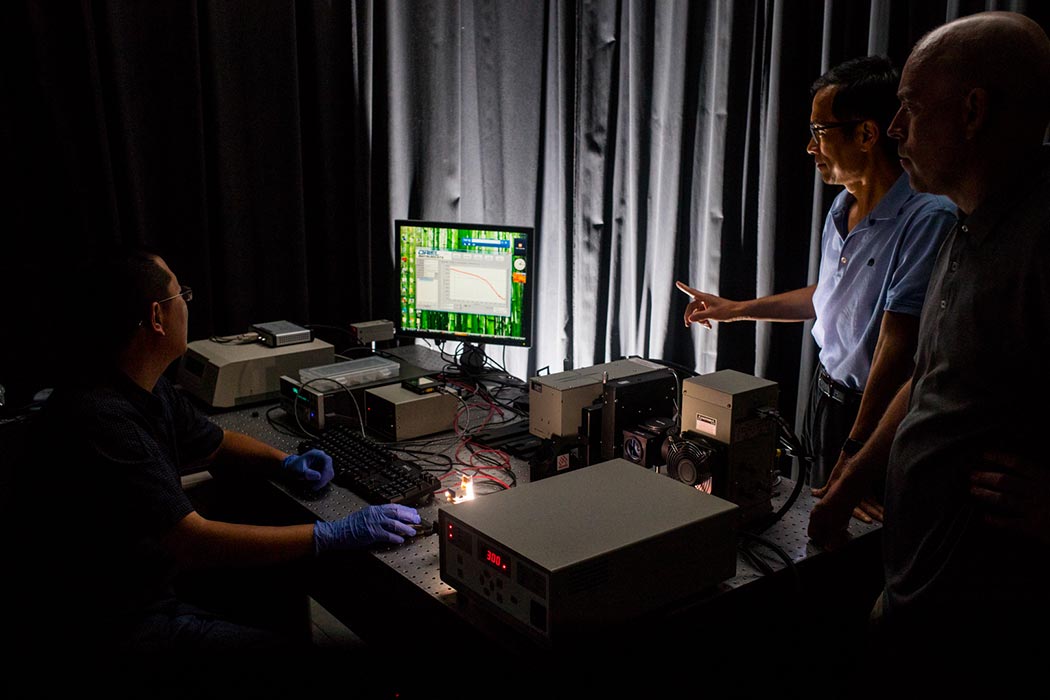Each year, UM System faculty create startup companies based on their innovations in research and new technologies. The startups bring in research discoveries to the marketplace and contribute to the university’s $5.4 billion annual impact in the state.
“Scientific, business and legal experts in our UM System technology advancement offices help faculty commercialize their innovations by pursuing patents and negotiating licenses with companies interested in further developing university innovations,” said Mark McIntosh, UM System vice president for research and economic development and MU vice chancellor for research, graduate studies and economic development. “Our new express license makes this process easier to navigate, reduces barriers and streamlines contract negotiations for faculty and staff interested in obtaining a license for their startup company.”
Licenses and other intellectual-property agreements allow companies to access the rights to university-owned inventions.
Eric Anderson, director of the UMKC Office of Technology Commercialization, said that while each technology advancement office within the UM System is responsible for managing and licensing technologies developed at their university, the express license is built as a one-size-fits-all.
“The express license’s terms are predefined and advantageous to faculty,” said Anderson, “and the UM System may pay for a portion of the patent expense, which is usually an impediment for a startup.”
The office offers individual assistance to faculty members. Moving an invention from the university to the marketplace is often a lengthy process that requires education, networking, and advocacy.
“Before, we negotiated licenses individually and went back and forth on language and terms,” said Anderson. “The express license offers a two percent patent royalty rate. That rate usually ranges anywhere from three to 10 percent.”
In order to start the discussion about an invention, faculty members need to submit an Invention Disclosure Form. Disclosures come from all across campus, but the majority arise from the STEM units: engineering, pharmaceutical science, biology, and chemistry. The door is open, however, for any faculty and employees (graduate students, postdocs and staff) who are inventors and have interest in obtaining a license for their startup company. Anderson hopes that the express license will offer a new avenue for those who were previously deterred or discouraged.
For more information about the express license, view the guidelines and contact Eric Anderson.

